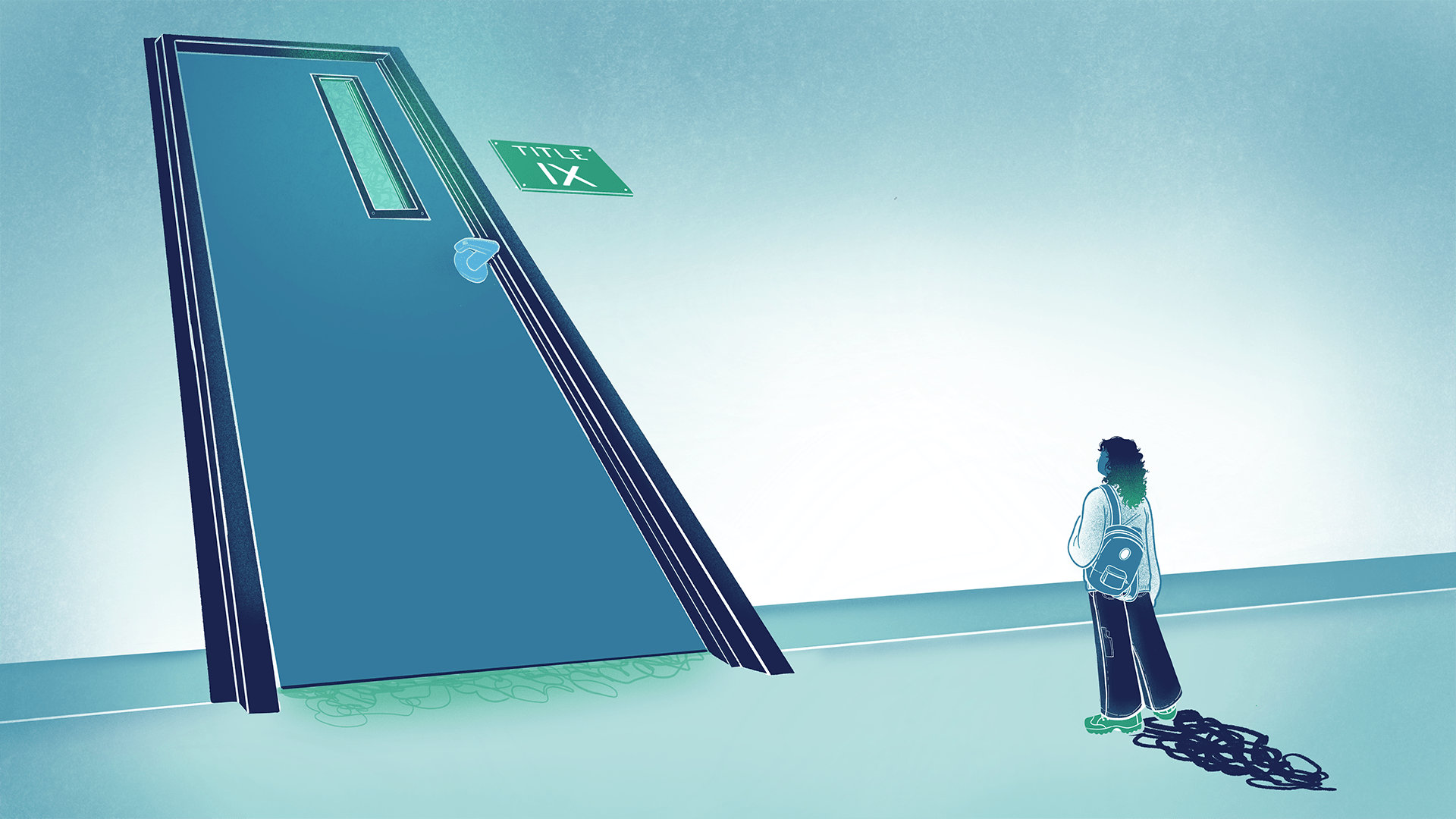The Fight for Cyber Civil Rights
The Internet is an unregulated public space where lewd, sexist and racist language is pervasive. In the eyes of some it is similar to the American Wild West where abuses might be avenged or go punished in a place with little enforced regulation. The danger of a forum that allows for such anonymity is that it becomes a perfect tool for attackers, whose victims are often women, people of color and members of the LGBTQ community.
A particular area of such targeted online abuse, known as “revenge porn,” is currently gaining media attention and is at the center of legislative reform in more than a dozen states, including Illinois, that define revenge porn as the unauthorized and non-consensual distribution of nude or sexually explicit material, often the result of an ex-lover’s attempt at revenge. California and New Jersey were the first states to pass laws to protect victims, followed recently by Texas and Alaska.
Revenge porn can be distributed in a number of ways. Currently, the most recognized form of harassment involves websites that host photographs and the identifying information of victims. IsAnybodyUp.com and copycat website IsAnybodyDown.com are well-known examples. In both cases, where the founders of the sites extorted victims for the removal of their images and information, law can more easily define legal protection in favor of victims based on extortion regulations.
But other forms of revenge porn highlight gaps in current law. In some cases, victims are targeted without using a host Internet site, and harassers spread content directly to family, friends and employers. On social media sites and Internet forums private images and identifying information can be shared among potentially millions of viewers.
Whether such harassment comes through host websites or direct channels, mounting research and testimony has documented revenge porn’s side effects on the lives of victims, including severe emotional distress, loss of employment, changing of one’s name and even suicide.
A current student at the School of the Art Institute of Chicago, who wishes to remain anonymous, shared her frustration about the pervasiveness of revenge porn: “I am very careful about where I share my identity online. I am constantly concerned that wherever my name appears, it creates a new opportunity for my ex to humiliate me by sharing photographs.” The victim had a long-distance relationship with a partner where she shared intimate photographs under the assumption of privacy.
Since the relationship ended more than two years ago, those photographs have been shared publicly on social media sites and sent directly to family, friends, employers and even to her landlord. After trying to find help for years, she has learned that her only course of “retribution” is a civil suit, which she cannot pay for. “It has been devastating to be threatened over and over, knowing that I have no legal protection against this type of sexual abuse, simply because the abuse only exists online,” she says.
Currently, neither federal or state legal systems are prepared to defend victims of this reprehensible behavior. Illinois Representative Scott Drury was quoted in the Chicago Tribune as saying, “Legislation is needed in Illinois. It’s needed everywhere and on a federal level. I think it is a big problem. It ruins people’s lives. So we need to do something to help.”
Legislative reform is gaining traction nationally in large part due to the efforts of nonprofit advocacy groups such as End Revenge Porn and the Cyber Civil Rights Initiative. In February, a bill sponsored by Illinois Sen. Michael Hastings passed in the Senate 52-0 to make the posting of nude or sexually explicit photographs on Internet host sites such as IsAnybodyDown.com a Class 4 felony punishable by up to three years in prison and a $25,000 fine.
At press time, an expanded bill sponsored by Rep. Drury written with the help of Mary Anne Franks, Cyber Civil Rights advocate and Associate Professor of Law at the University of Miami in the Illinois Judicial Committee for review. Similar to the bill already passed in the Senate, Rep. Drury’s version covers victims more broadly, protecting images shared through targeted harassment in addition to images on host sites as protected under Sen. Hastings’ legislation.
There are, however, some opponents to this legislation. Lee Rowland, a Staff Attorney with the American Civil Liberty Union’s (ACLU) Speech, Privacy and Technology Project (SPT), was quoted recently on National Public Radio warning that anti-revenge porn legislation is “spreading like wildfire.” Rowland cautioned that if legislation is created to restrict the sharing of what are lawfully owned images, it comes dangerously close to an infringement on the right to free speech.
The definition of the SPT project on the ACLU website states its dedicated goal as “expanding the right to privacy and increasing the control that individuals have over their personal information; and ensuring that civil liberties are enhanced rather than compromised by new advances in science and technology.” It would be difficult for Rowland to argue that legislation to protect victims of revenge porn, where the sole aim of expression is to threaten and humiliate victims by exposing the most private segment of their lives – their intimate sexual relationships – conflicts in any way with privacy goals underlined by the SPT.
In forums that debate the need for revenge porn legislation, a common argument is that if a victim chose to share photographs, that person knowingly exposed themselves to risk. Given the statistics for revenge porn gathered by the University of Maryland, which reveal 80 percent of victims are women, this opinion perpetuates dangerous paradigms in which women are limited in the ways they can express themselves sexually. As addressed by advocacy groups like End Revenge Porn, this reflects a form of derogatory victim blaming, similar to the perception that if a woman dresses in a provocative manner she is asking to be sexually assaulted.
Issues surrounding revenge porn legislation may become more important in the future. The strength of laws pending nationwide will be a critical reflection of where we as a culture stand on positions of basic civil rights, Internet privacy, sexual violence and gender rights.
If you are a victim seeking help or would like to support legislation by signing a petition or donating to support advocacy, visit endrevengeporn.org.
%nbsp;





















